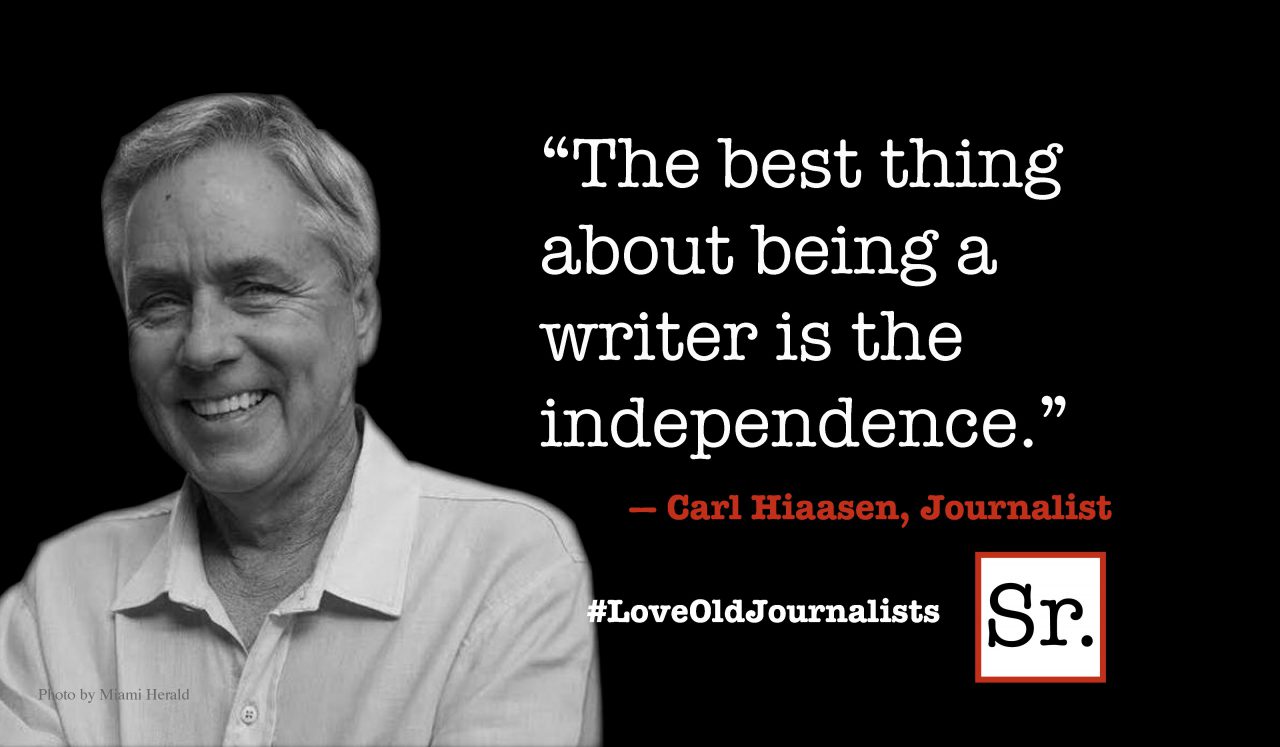As the Olympics approach, I've been thinking more about winners and losers. In the past, I have become totally glued to my TV during both winter and summer Olympics and immersed myself in the high drama on the screen. Whereas most of us live our lives as "also rans," it's exciting to discern so clearly who is THE winner, and who are the losers — sometimes decided by mere fractions of seconds.
When I lived in China, I was mesmerized by the Chinese acrobats who could assume pretzel positions that even yoga teachers can't match. It was obvious that, along with talent, endless hours of practice were also required. I eventually became aware that talented children were taken very young from their families and sent away to practice, practice, practice. "Mao's Last Dancer," the book and movie that became so popular, made us feel the pain and loneliness of these children, separated from their families at such a young age and forced to give up all but dancing in their lives.
While the training situation may not be quite so grim for athletes from other countries who compete, anyone looking at the overworked young bodies and determined faces of the Olympic contenders can only imagine how much these (mostly) teenagers have given up to achieve the chance. Some of their taut, young bodies have already suffered horrendous injuries and insults. And the next jump, leap, or run is always a risk. The pressure of the rest of your life being determined by the few minutes of a performance is incalculable. The girls are as competitive as the boys.
While fame and fortune are very strong motivators, there are intangible values connected with winning. When I went to school, my parents told me, "just do the best you can." That's what they expected of me. But I've seen during my years of living and teaching in China that "doing the best you can" isn't enough for many Chinese parents. There is a higher sense of putting everything you can into winning, and then doing more. Tiger moms and dads exist in many colors, countries, and cultures, but perhaps none moreso than in up-and-coming Asian countries.
Climbing mountains is often put into combative terms of conquering nature. If Wade Giles' book, "Into the Silence," a brutally detailed blow-by-blow description of three British men's attempts to climb Mt. Everest in 1921, 1922 and 1924, gives us some small inkling of what they suffered from the elements and their own drive to get to the top of the mountain. What pushed them upward? "It all fed into a greater quest, embraced readily by a tired and exhausted people, to show that the life and death of an individual could still have meaning … that the war had not expunged everything heroic and inspired."
This week, there was a very small article buried in my newspaper about an avalanche on 15,782-foot Mt. Blanc in France that killed nine climbers. On a short TV clip, a covered body was being taken away on a stretcher. A reporter summed it up — "They were aware of the risks."
I will watch the Olympics as always, but with more awareness of the sad side of winning.








